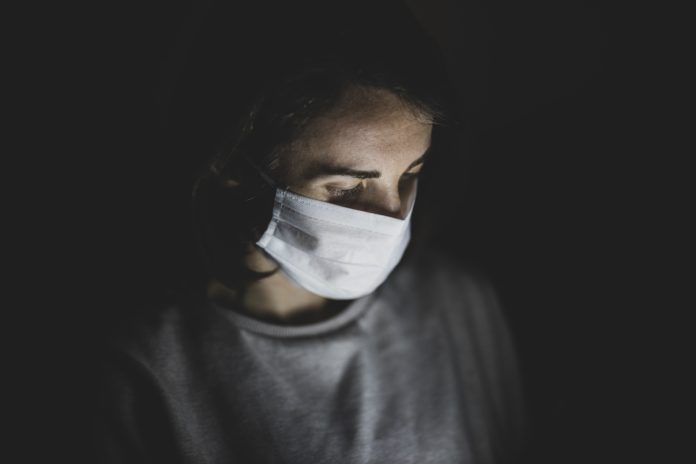Rome (NEV), May3, 2020 – The Waldensian Guest house in Florence will welcome children, families and health workers who need a “refuge home” to spend a period of quarantine. These are people who are discharged from hospitals, but still positive to COVID-19, or waiting for Coronavirus swab, with no or low symptomatology.
The project is the result of an agreement with the “Meyer” pediatric university hospital of Florence.
“The accommodations of the Waldensian Diaconate (hotels and guest houses), at this time of medical emergency, are obviously closed and it is difficult to forecast, not only on the dates of a possible reopening, but, in more general terms, on the restarting of tourism in Italy – declared Daniele del Priore, director of the Reception Area of the Diaconate – . It was therefore natural to respond to the call launched by the Tuscany Region (Ord. PGR n. 15 of 18/03/2020) with the aim to identify ‘hotel structures capable to guarantee assistance to no or llow symptomatology patients, with no need for hospitalization,- explained Del Priore -. Within this framework, the Waldensian Diaconate and the Meyer university hospital signed an agreement which has as its object the provision, at the Waldensian Guest house of Florence, exclusively and temporarily, of a portion of the accommodation facility (8 rooms), as a ‘pediatric health hotel’ dedicated to children who tested positive for Corona virus and their families. The rooms can also be used to ensure the isolation of Meyer health personnel who need a ‘refuge home’, not having the possibility of returning home between one shift and another”.
The portion of the Guest house identified for this purpose is isolated from the rest of the services present in the complex. Diversified accesses are provided to work safely and to prevent contacts between the other services of the structure and the Meyer staff in isolation. It is not excluded that similar services may also be activated at other sites in other parts of Italy.
The Florentine Guest house was born in the late sixties, inside a historical building from the 1600s, to support the activities of the Gould Institute, which in the same premises offers reception, training and support services for children in difficult conditions. The structure is included in the Reception Area of the Waldensian Diaconate, a non-profit ecclesiastical body that gathers, connects and coordinates the Waldensian Church assistance and reception activity, carried out without discrimination of gender, origin or culture. It is a secular organization and manages its services inspired by the principles of transparency, quality and effectiveness of interventions, without any confessional imposition.






























